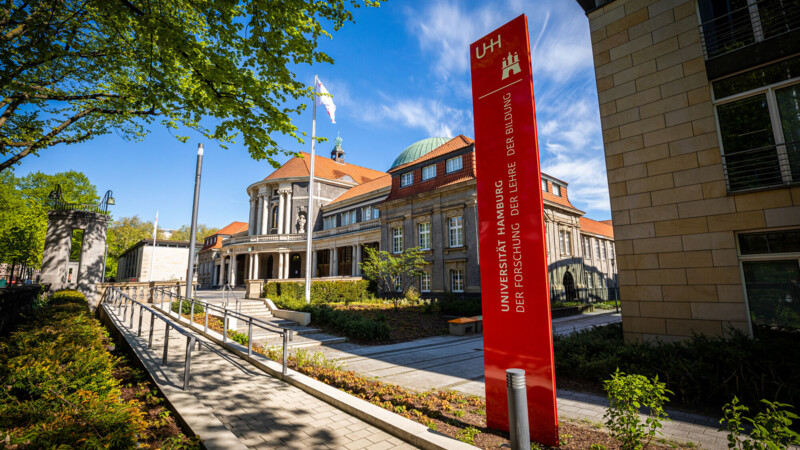Research will be conducted mainly in west Greenland which features different ecosystems such as glacier foreland, frost pattern soils and wetlands with small lakes and ponds, where more or less organic carbon is converted. These ecosystems can sequester methane from the atmosphere. "But when permafrost soils thaw, large amounts of climate-changing gases escape into the air," said Prof. Dr. Christian Beer of the Center for Earth System Research and Sustainability (CEN) at the University of Hamburg. "Methane has at least 28 times the effect of carbon dioxide. It is imperative that we better understand the underlying processes to reduce uncertainties in projections of the future release of methane from the Arctic."
The joint project "Permafrost Research, Integrated Monitoring and Modeling of the Methane Budget of Ecosystems" (MOMENT), co-ordinated by the University of Hamburg, has received EUR 3.5 million from the German Ministry of Education and Research through October 2025 for further research. This comes after the warmest October in Germany and across the globe ever since records began in 1881. The high temperatures are causing permafrost in the Arctic to thaw and to release methane which is accelerating climate change.
Methane at least 28 times more potent than carbon dioxide
Basis for developing Earth's system models
Fears are now growing that permafrost regions may reach a tipping point and fuel climate change and emissions. Scientists involved in the "MOMENT" project will take soil samples in Greenland to study the interactive effect of the soil with the atmosphere and observe methane fluxes on different temporal and spatial scales. Coupled with data material from Siberia, the results should form a basis for developing the Earth's existing system models. The project also involves the Alfred Wegener Institute, Helmholtz Centre for Polar and Marine Research (AW), Helmholtz Centre Potsdam - German Research Centre for Geosciences (GFZ), Max Planck Institute for Biogeochemistry (MPI-BGC), Max Planck Institute for Meteorology (MPIM), Leibniz University of Hannover (LUH) and the University of Cologne (ZuK). The Universities of Copenhagen and Aarhus in Denmark and the Disko Arctic Research Station in Greenland are co-operating partners.
mm/sb/pb
Sources and further information
More
Similar articles

EUR 30 million in EU funds for projects in Hamburg


